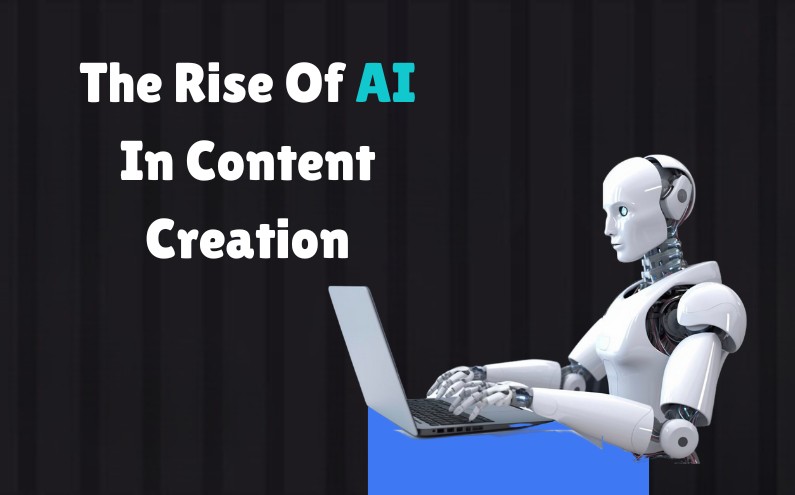Understanding AI In Content Creation
Applications Of AI In Content Creation
1. Automated Writing Assistants
AI-powered writing assistants like Grammarly and Hemingway Editor help writers improve grammar, style, and readability. These tools analyze text, suggest corrections, and provide feedback in real-time, thereby enhancing the quality of content produced.
2. Natural Language Generation (NLG)
NLG algorithms generate human-like text based on structured data inputs. This technology is employed in creating personalized product descriptions, financial reports, news articles, and even creative writing pieces.
3. Content Curation and Recommendation
AI algorithms analyze user behavior and preferences to curate personalized content recommendations. Platforms like Netflix and Spotify use AI to suggest movies, shows, and music tailored to individual tastes, thereby enhancing user engagement.
4. SEO and Content Optimization
AI tools assist in optimizing content for search engines by analyzing keywords, suggesting relevant topics, and predicting content performance based on historical data. This ensures that content meets both user intent and SEO requirements.
5. Multimedia Content Generation
AI extends beyond text to generate multimedia content such as images, videos, and audio. Tools like Adobe Sensei and Deep Dream Generator use AI to enhance visual content creation and editing processes.
Benefits Of AI In Content Creation
1. Enhanced Efficiency
AI automates repetitive tasks like proofreading, data analysis, and content distribution, allowing creators to focus on strategic activities that require human creativity and intuition.
2. Cost-Effectiveness
Automating content creation reduces the need for extensive human resources, resulting in cost savings for businesses while maintaining or improving content quality.
3. Scalability
AI enables scalability in content production, allowing businesses to generate large volumes of content quickly and consistently without compromising quality.
4. Personalization
AI-driven content personalization enhances user experience by delivering tailored recommendations and content that resonates with individual preferences and behaviors.
5. Data-Driven Insights
AI analyzes vast amounts of data to provide actionable insights into content performance, audience engagement, and market trends, empowering creators to make informed decisions.
Challenges And Considerations
While AI offers numerous benefits, its adoption in content creation is not without challenges:
1. Quality and Authenticity
Maintaining authenticity and ensuring high-quality content remains a challenge, as AI-generated text may lack human nuance and emotional intelligence.
2. Ethical Concerns
AI raises ethical concerns regarding plagiarism, bias in content creation, and transparency about automated processes versus human authorship.
3. Dependency on Data Quality
AI relies heavily on data inputs for generating accurate and relevant content. Poor-quality or biased data can lead to erroneous outputs.
4. Integration Complexity
Integrating AI tools into existing content workflows requires technical expertise and may involve initial setup costs and training.
Challenges And Considerations
Looking ahead, the future of AI in content creation promises exciting opportunities:
1. Advancements in NLG and NLP
Continued advancements in natural language generation and processing will lead to more sophisticated AI models capable of understanding and generating complex, context-aware content.
2. AI-Powered Creativity Tools
AI tools will increasingly assist creative professionals in ideation, brainstorming, and generating innovative content concepts.
3. Augmented Content Creation
Human-AI collaboration will become more prevalent, with AI handling routine tasks and providing creative insights while humans focus on higher-level strategy and storytelling.
4. Hyper-Personalization
AI-driven hyper-personalization will further enhance user engagement by delivering content tailored not only to preferences but also to real-time contextual factors.

